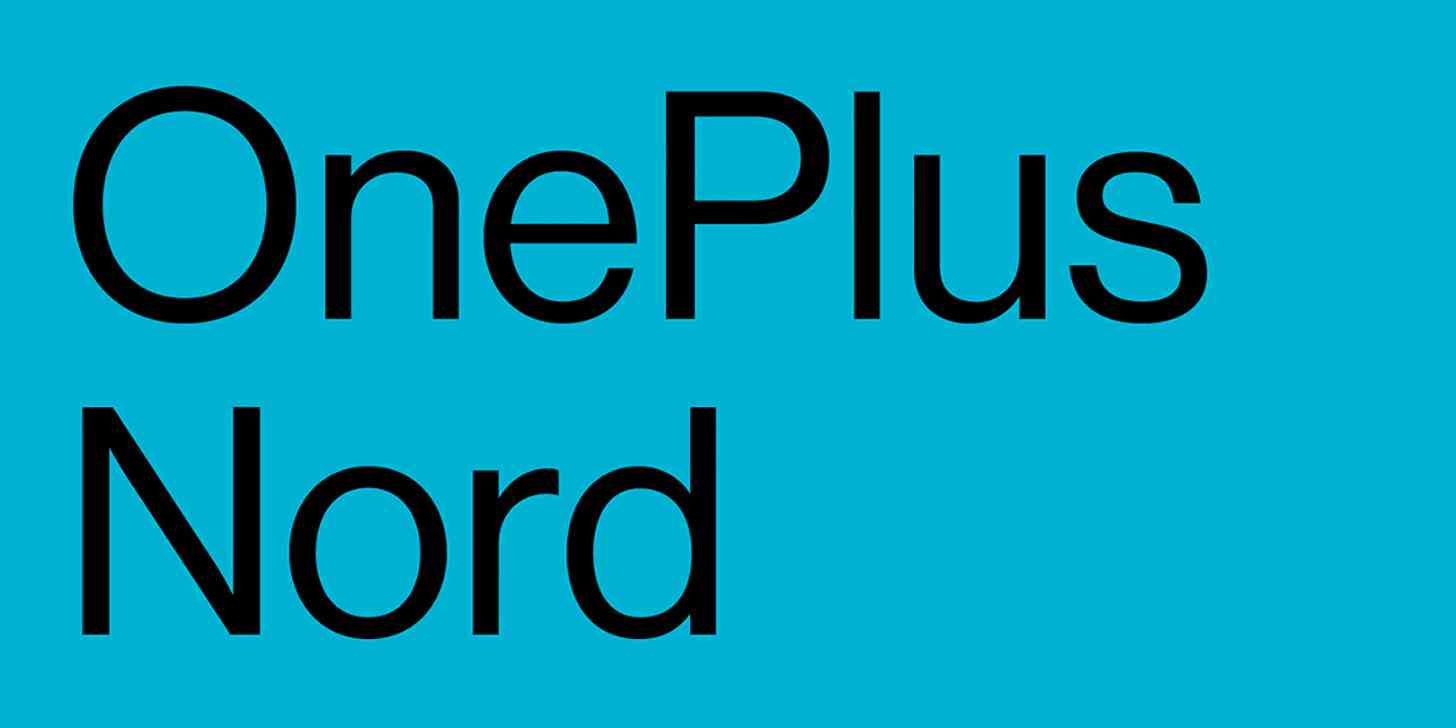
We can officially add a couple more entries into the list of OnePlus Nord specs that've been confirmed.
The OnePlus Nord will include a Snapdragon 765G processor, which means it'll include 5G support as well. Qualcomm confirmed the news today in a post to its official account on Twitter.
Excited to be working with @OnePlus as they embark on #NewBeginnings powered by the Qualcomm Snapdragon 765G 5G mobile platform #OnePlusNord https://t.co/1Eitm4GJSI
— Qualcomm EU (@Qualcomm_EU) July 1, 2020
Announced at the tail-end of 2019, the Snapdragon 765G is an upper mid-range chipset from Qualcomm that offers 20 percent faster performance over its predecessor plus built-in 5G support. The "G" version also boasts up to 10 percent faster graphics performance over the regular Snapdragon 765 chip.
Getting back to the Nord, OnePlus co-founder Carl Pei has told TechRadar that the upcoming phone will have a "flagship-level camera". No other details were given by Pei, but rumors have suggested that the Nord will have a multi-camera setup on the back.
The final bit of Nord news today is that OnePlus began taking pre-orders today. However, only a limited number of pre-orders were available and they sold out quickly. The good news for those who missed out is that OnePlus will have two more batches of limited pre-orders, with the first happening at 10:00 am CEST on July 8th and the second at 10:00 am CEST on July 15th.
It might seem kind of strange to pre-order a phone before it's revealed, but OnePlus is hoping to make it worth your while. To pre-order, you'll pay £20/€20 and you'll receive some "awesome merch" — the first two rounds of pre-orders will get stickers, a "random lifestyle product", and a mystery gift, while the third round will get stickers and a mystery gift.
Once the Nord launches, pre-order customers will get a £20/€20 voucher to put toward the phone.
OnePlus has said the Nord will cost less than $500. The device is expected to launch in Europe and India, but OnePlus has said that North American customers will have a shot at the device through a "highly limited beta program" as well.